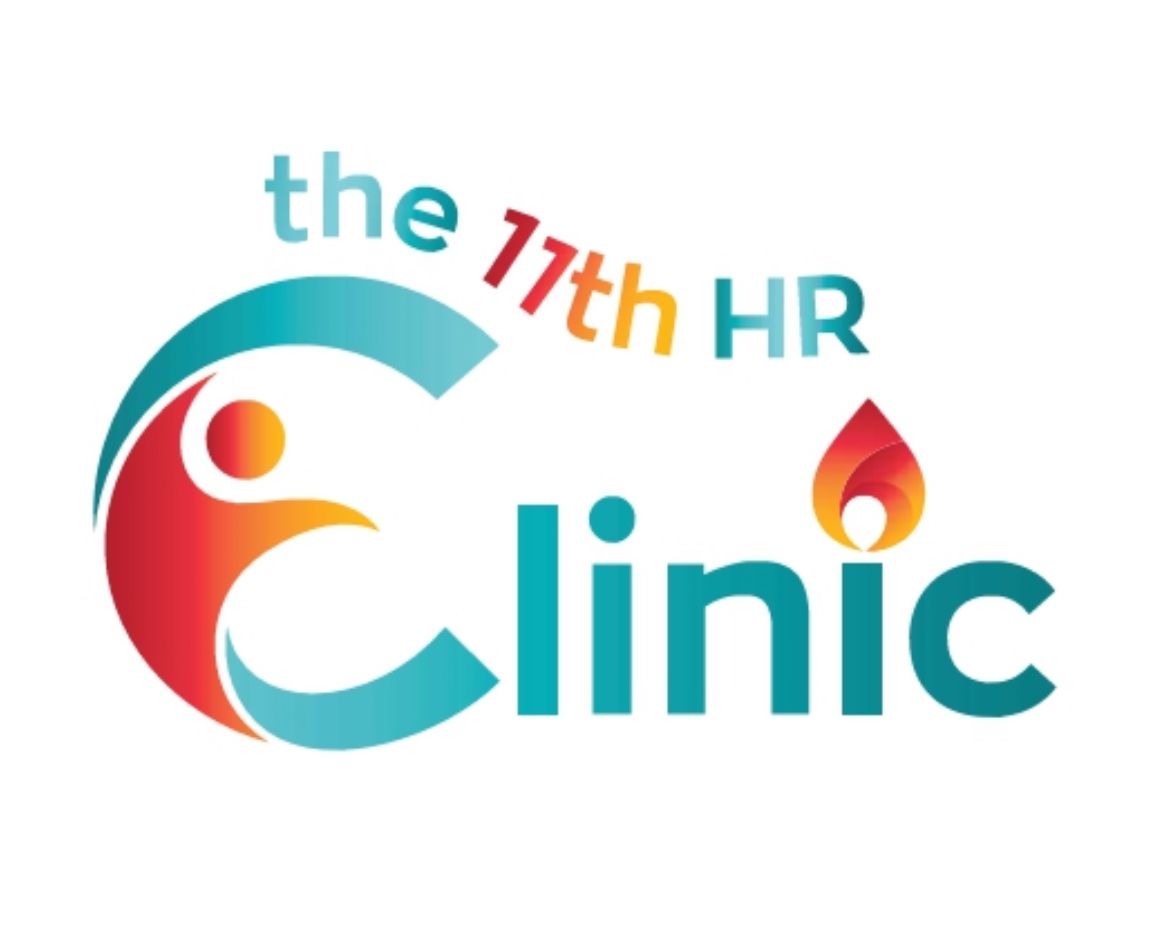Not Feeling Smart Enough? You Probably Just Haven’t Found Your Kind of Smart
How Gardner’s Multiple Intelligences Can Help You Rethink Your Future
Feeling Stuck or Unsure About What Comes Next?
If you're just out of school, in a job that doesn’t inspire you, or considering a career change, it’s easy to feel like you’ve missed your chance or that you simply don’t have what it takes to succeed. Maybe traditional learning didn’t suit you. Maybe your job feels like a bad fit. Or maybe you’ve been told (or told yourself) that you’re just not “smart enough.”
But what if the problem isn’t you but how we define intelligence?
Most school systems and workplaces value one narrow type of intelligence: being good with words or numbers. If you don’t fit that mould, you may feel invisible or inadequate. Psychologist Howard Gardner’s Theory of Multiple Intelligences offers a powerful, research-backed alternative. It shows that there are many ways to be smart and understanding your unique blend can help you find work that fits who you really are.
The Theory: There’s More Than One Kind of Smart
In 1983, Harvard psychologist Howard Gardner proposed that human intelligence is not a single, measurable IQ, but a set of at least eight distinct intelligences that people use to solve problems and create value in the world (Gardner, 1983; 2011).
Gardner’s theory has been widely influential in education and career counselling particularly for individuals whose strengths don’t shine through traditional academic metrics (Armstrong, 2017; Kornhaber et al., 2004).
Understanding your strongest intelligences can help you:
- Rebuild confidence
- Choose a study or career path aligned with your strengths
- Learn in a way that actually works for you
- Stop comparing yourself to others and start following your own lane
The Eight Types of Intelligence and their Real-World Applications
Let’s walk through each intelligence and how it might show up in work or life:
- Linguistic Intelligence: Word Smart
- Strength in language, reading, writing, or storytelling.
- Careers: Journalism, law, education, content creation, public relations.
- Evidence: Linguistic intelligence correlates with verbal aptitude and language acquisition skills (Gardner, 2011; Brualdi, 1996).
- Logical-Mathematical Intelligence: Number Smart
- Logical reasoning, working with numbers, analysing systems.
- Careers: Engineering, accounting, data science, IT, mechanics.
- Evidence: This intelligence aligns with analytical problem-solving and abstract thinking (Gardner, 1983; Visser et al., 2006).
- Musical Intelligence: Music Smart
- Sensitivity to pitch, rhythm, tone, or melody.
- Careers: Music production, therapy, teaching, sound engineering, marketing.
- Evidence: Musical aptitude has been linked to language development and memory (Hanna-Pladdy & Mackay, 2011).
- Bodily-Kinesthetic Intelligence: Body Smart
- Skill in using the body to express, create, or solve problems.
- Careers: Trades, surgery, sport, acting, physiotherapy, dance.
- Evidence: This form of intelligence is essential in hands-on professions and involves motor-skill coordination (Gardner, 2011).
- Spatial Intelligence: Picture Smart
- Ability to visualise, imagine, and mentally manipulate objects or space.
- Careers: Architecture, design, gaming, surgery, cartography.
- Evidence: Spatial intelligence is associated with fields involving design thinking and visual analysis (Kell et al., 2013).
- Interpersonal Intelligence: People Smart
- Understanding others’ emotions, motivations, and needs.
- Careers: Psychology, leadership, counselling, sales, hospitality.
- Evidence: Strongly tied to emotional intelligence and effective communication (Goleman, 2006).
- Intrapersonal Intelligence: Self Smart
- Insight into your own thoughts, emotions, and goals.
- Careers: Coaching, philosophy, writing, strategy, leadership.
- Evidence: This intelligence supports self-regulation, reflection, and long-term career planning (Gardner, 1983).
- Naturalist Intelligence: Nature Smart
- Sensitivity to nature, patterns in ecosystems, and living things.
- Careers: Environmental science, animal care, sustainability, farming.
- Evidence: Often overlooked in urban settings, but crucial for careers in ecology and conservation (Gardner, 2011).
Important: Everyone has all eight intelligences but we each have a unique combination, and a few dominant strengths.
Why This Matters if You’re Feeling Lost or Stuck
Traditional schools and workplaces tend to reward linguistic and logical intelligence. If your strength is in movement, visuals, or emotional insight, you might have been overlooked or even told you weren’t “smart.” This narrow model leaves many people feeling they don’t belong. But Gardner’s research shows this isn’t a weakness it’s a mismatch between your natural strengths and your environment (Kornhaber et al., 2004).
Once you understand how you’re smart, you can:
- Rebuild lost confidence
- Choose study, work, or creative paths that feel energising
- Understand why some environments drained you
- Give yourself permission to succeed in your own way
How to Apply This to Your Own Career Path
Here are some practical steps you can take:
- Reflect: Which intelligences describe you best? What do others say you’re good at?
- Explore: Look at careers or study areas that align with those strengths.
- Experiment: Try volunteering, short courses, or casual jobs in different fields and use them as "safe tests."
- Reframe: Stop asking "Am I smart?" and start asking "What kind of smart am I?"
- Speak up: Share your insights with mentors, career advisors, or employers as this helps them support you better.
It’s Never Too Late to Start Over
Whether you’re finishing high school or switching lanes mid-career, there’s no deadline for figuring out your direction. Growth doesn’t stop at 18, 25, or 45. Gardner’s theory reminds us that success isn’t one-size-fits-all and your uniqueness is your greatest strength. The key is not to try to become something you’re not, but to find out what already makes you shine and go from there.
Support at the HR clinic
If you’re feeling stuck, we’re here to help. The 11th hour clinic provides support for career changers and school leavers, offering:
- One-on-one guidance from trained career coaches
- Tools to map your intelligences and translate them into action
- Info on free or low-cost training pathways
- Practical next steps to get moving again
You’re not behind.
You’re just discovering your right path.
References
Armstrong, T. (2017). Multiple Intelligences in the Classroom (4th ed.). ASCD.
Brualdi, A. C. (1996). Multiple Intelligences: Gardner's Theory. ERIC Digest.
Gardner, H. (1983). Frames of Mind: The Theory of Multiple Intelligences. Basic Books.
Gardner, H. (2011). The Theory of Multiple Intelligences: As Psychology, As Education, As Social Science. Harvard University.
Goleman, D. (2006). Emotional Intelligence: Why It Can Matter More Than IQ. Bantam.
Hanna-Pladdy, B., & Mackay, A. (2011). The relation between instrumental musical activity and cognitive aging. Neuropsychology, 25(3), 378–386.
Kell, H. J., Lubinski, D., Benbow, C. P. (2013). Who rises to the top? Early indicators. Psychological Science, 24(5), 648–659.
Kornhaber, M. L., Fierros, E. G., & Veenema, S. A. (2004). Multiple intelligences: Best ideas from research and practice. Allyn & Bacon.
Visser, B. A., Ashton, M. C., & Vernon, P. A. (2006). Beyond g: Putting multiple intelligences theory to the test. Intelligence, 34(5), 487–502.



